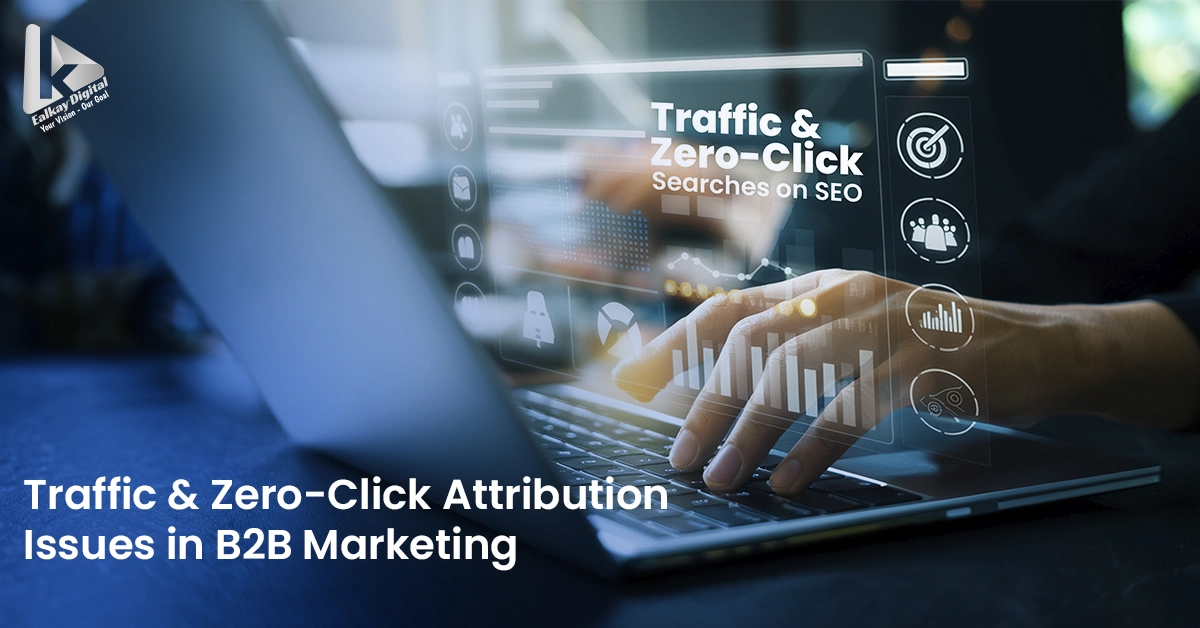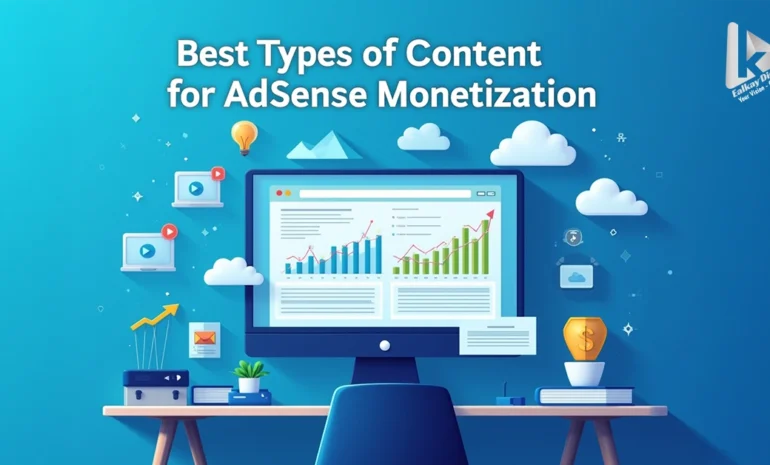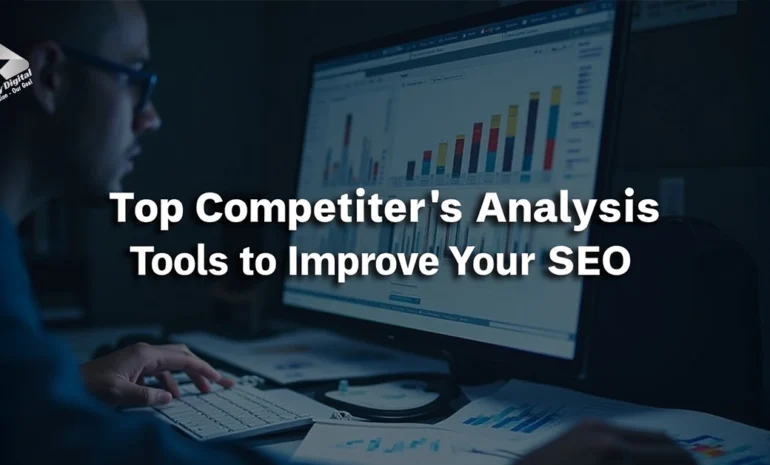Understanding Traffic and Zero Click Attribution Challenges
In the rapidly evolving landscape of digital marketing, B2B companies often encounter specific challenges that can hinder their online performance. With more users obtaining their desired information directly from search results through zero click attribution searches, two prevalent issues are traffic acquisition and zero click attribution, both of which can impact the effectiveness of your digital campaigns. Ealkay Digital is here to help you navigate these challenges by refining your SEO strategy and enhancing your presence on search engines. By addressing these issues, businesses can better understand their customer journeys and optimize their marketing efforts. Let’s explore how traffic and zero-click attribution can be effectively managed to improve your B2B marketing outcomes.
Understanding the Impact of Zero Click Searches on Traffic
Zero-click searches have become a dominant force in today’s marketing world, significantly affecting how B2B companies approach traffic acquisition and the overall conversion journey. With the rise of featured snippets, knowledge panels, and direct answers, many searches now resolve without the user clicking through to a website. This shift impacts various marketing channels, as B2B buyers often find the information they need directly on the search results page, reducing traditional organic search traffic to company websites. Adapting SEO strategies to stay visible in this zero-click search environment is essential for maintaining brand presence.
Utilizing tools like Google Analytics, businesses can gain insights into how these zero-click searches affect their overall traffic and strategize accordingly. A comprehensive zero-click content strategy is crucial for maintaining visibility; leveraging tools like social media platforms can help capture interest and guide potential clients further down the conversion journey. In this evolving landscape, B2B marketers must adapt and innovate to remain relevant and effectively reach their target audience.
Specific Challenges in B2B Marketing
B2B marketing faces distinct challenges in acquiring organic traffic within a zero-click world. B2B users often navigate without clicking links, posing difficulties in attribution reporting and reducing marketing impact, demanding innovative solutions for effective engagement and measurement in the zero-click marketing world.
Crafting Strategies for Zero-Click Content
To tackle zero-click challenges, B2B marketers must focus on search engine optimization and producing high-quality pieces of content. By keeping an eye on algorithm updates and using tools like Google Analytics 4, businesses can improve their marketing attribution reporting. Allocating a portion of the marketing budget to content marketing enhances the engagement rate and helps manage dark traffic effectively.
Implementing Featured Snippets
Implementing Featured Snippets can enhance visibility without relying on a single platform. Implementing structured data can help in achieving featured snippets by allowing search engines to comprehend content better and include accurate information in knowledge panels and various SERP features. Utilizing a revenue attribution platform alongside competitive intelligence tools, such as LinkedIn Ads, helps navigate budget constraints while focusing on long-term conversion and effective zero-click strategies.
Creating Engaging, Informative Content
Creating engaging, informative content is essential for B2B Digital Marketing success. Content marketers must understand search algorithms and utilize competitive intelligence platforms to improve B2B marketing attribution reporting. By strategically using keywords and external links, marketers can boost conversion rates and drive success in a zero-click landscape.
Additionally, key performance indicators play a crucial role in measuring the success of content strategies, guiding decision-making and ensuring effectiveness.
Leveraging AI-Driven Search Experiences
Incorporating AI-driven search experiences and AI-generated answers is vital for B2B marketers aiming to succeed with zero-click content. Utilizing long-tail keywords, optimizing Google Business Profiles, and applying schema markup can streamline the user journey and enhance overall attribution. Structuring content for AI overviews is also crucial, as it increases the chances of being featured in Google’s AI-generated summaries on SERPs, thereby improving visibility in zero-click search results.
Diversifying Traffic Sources to Enhance Social Media Visibility
To boost social media visibility and diversify traffic sources, marketing teams should leverage referral and direct traffic strategies. Integrating digital marketing tactics with Google Ads, language models, and focusing on zero-click content enhances audience reach. By understanding zero-click searches and the conversion stage, businesses can effectively adapt their strategies to maintain visibility and improve results. Additionally, creating native content that engages users directly on the platform can significantly increase user interaction and retention.
Utilizing Email Marketing and Exploring Influencer and Partner Collaborations Effectively
Utilizing email marketing and exploring influencer and partner collaborations can effectively reach new audiences and boost conversions. By conducting thorough audience research and leveraging audience influence, software companies can navigate zero-click searches and dark traffic. Integrating marketing touches with referral traffic on social media platforms while utilizing classic marketing funnel strategies enhances visibility on Google Search and other advertisement platforms. Additionally, using UTM codes in social media posts is crucial for accurately tracking and reporting traffic.
Redefining and Expanding Attribution Models: Overcoming the Limitations of Traditional Approaches
The traditional standard attribution models often fall short due to the intricate buying process and multifaceted buyer journey. By redefining and expanding attribution models, marketers can better capture the nuances of customer interactions. Transitioning to multi-touch attribution provides greater insights by recognizing all touchpoints that contribute to a conversion. Utilizing complex keywords and schema markup enhances visibility and tracks interactions more effectively.
Providing fast, structured answers can further enhance visibility in search results and featured snippets, aligning content strategy with evolving search behaviors.
This approach, supported by tools like Google Analytics 4, offers comprehensive B2B marketing attribution reporting. By integrating insights from competitive intelligence platforms and comprehensive audience research, particularly for software companies, businesses can tailor their strategies more effectively. Video strategy, integrated with this advanced model, further enriches customer engagement across business models. Additionally, leveraging resources like Google Business helps refine strategies that align with the modern digital landscape, ensuring robust tracking and reporting systems for informed decision-making and superior marketing outcomes.
Introduction to Multi-Touch Attribution and Comprehensive Customer Journey Analysis
Multi-Touch Attribution and Comprehensive Customer Journey Analysis is crucial for B2B marketing success. Unlike standard attribution models, multi-touch attribution considers every interaction’s impact on the customer journey. Tailoring analysis to your specific business model allows for better understanding of audience influence across advertisement platforms. Utilizing a robust revenue attribution platform refines marketing efforts and drives effective decision-making. Understanding search queries is also essential in optimizing content for multi-touch attribution, as it helps in analyzing user behavior and adapting strategies to remain visible and relevant.
Implementing Advanced Attribution Techniques to Capture Data Across Multiple Channels
To effectively capture data across multiple channels, implementing advanced attribution techniques is crucial in addressing zero-click searches. As Google increasingly presents zero-click content directly within search results, marketers must adapt their strategies to maintain visibility and engagement. A well-designed zero-click content strategy can maximize engagement rates by ensuring your content remains relevant and accessible. Zero-click visibility is increasingly important for brand recognition and trust-building, as it enhances a brand’s authority and online presence while adapting to evolving search algorithms and user behaviors.
By leveraging Google Analytics 4 for detailed insights and integrating Google Business tools, businesses can better track direct traffic and attribute conversions accurately. Incorporating a robust revenue attribution platform further clarifies the path from engagement to conversion, enhancing overall marketing efforts. Additionally, implementing a strategic approach to video content can significantly boost interaction and provide deeper insights into customer behavior. As AI-generated answers become more prevalent, businesses must stay agile and informed to adapt their strategies in this evolving digital ecosystem.
Leveraging Technology and PPC Campaigns for Accurate Attribution
Leveraging technology and PPC campaigns, like LinkedIn Ads, is essential for accurate attribution in the zero-click marketing world. In B2B digital marketing, understanding the classic marketing funnel and long-term conversion opportunities at each conversion stage can significantly enhance marketing impact. Utilizing Google’s tools ensures zero-click content aligns with strategies for effective and measurable outcomes. Additionally, focusing on brand recognition in a zero-click environment can build trust and authority, leading to higher engagement and visibility.
Integrating Zero-Click Strategies & Content Strategies with Attribution Goals
To combat the challenges posed by zero-click searches, integrating zero-click content strategies with attribution goals is essential for B2B marketers. By optimizing your SEO strategy and content marketing, you can align with evolving search algorithms and enhance organic search traffic. Focus on building a robust zero-click content strategy while utilizing tools like Google and language models to navigate direct traffic. Content marketers should ensure that marketing budgets are effectively allocated to achieve attribution success. Effective zero click content can enhance brand visibility by providing immediate answers directly in search engine results pages (SERPs), catering to user preferences for quick information.
Measuring Brand Interaction and Conversion Pathways
Understanding how your audience interacts with your brand and converts is crucial. By analyzing conversion pathways and implementing effective attribution models, you can refine your marketing strategy, ensuring each initiative contributes clearly to your business objectives and customer engagement goals. Additionally, focusing on brand building is essential for enhancing long-term engagement and thriving in an evolving digital landscape.
Utilizing Insights to Drive Marketing Decisions
Leveraging digital marketing insights, particularly from Google Analytics, is crucial in navigating the complexities of B2B digital marketing. Understanding zero-click attribution and zero-click searches enables marketers to refine strategies, ensuring targeted and efficient decision-making that aligns with business goals and enhances performance in the competitive B2B market landscape. Additionally, using Google Search Console for comprehensive SEO monitoring can provide a more complete understanding of a website’s visibility in SERPs and further enhance overall marketing strategies.
Fixing traffic and zero-click attribution issues in B2B marketing requires a strategic approach to accurately capture and analyze the diverse touchpoints in a buyer’s journey. Here are steps to address these challenges:
Conclusion: Navigating Traffic and Zero Click Attribution in B2B Marketing with Ealkay Digital
Navigating traffic and zero click attribution in B2B marketing requires strategic engagement. Leveraging tools like Ealkay Digital and audience research can enhance understanding and drive impact. For software companies, optimizing direct and organic traffic through a well-managed Google Business Profile can significantly influence the buying decision, ultimately boosting the marketing impact for B2B companies. Implementing future-proof strategies to adapt to evolving search trends ensures sustainable visibility and audience engagement.









